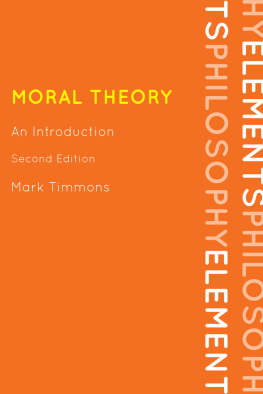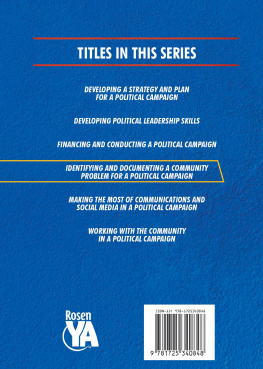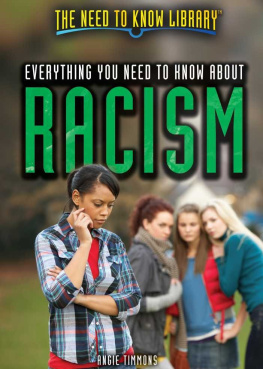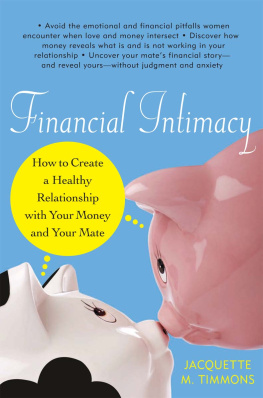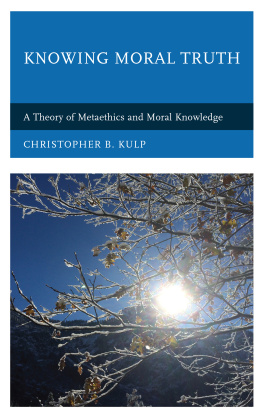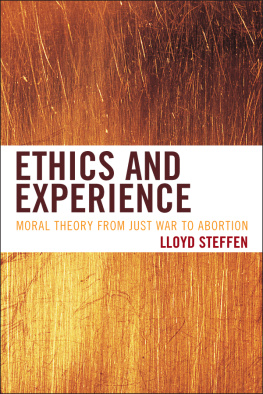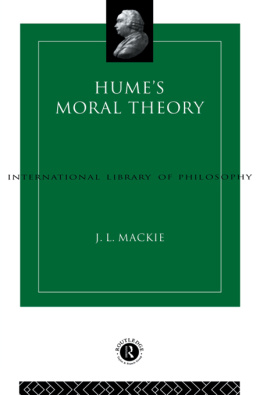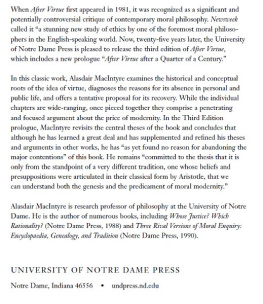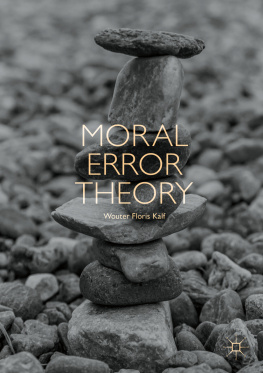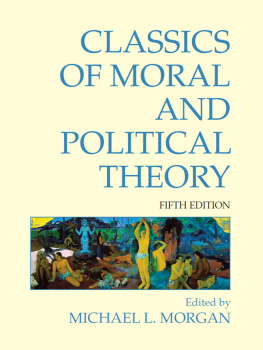Timmons Mark - Moral Theory
Here you can read online Timmons Mark - Moral Theory full text of the book (entire story) in english for free. Download pdf and epub, get meaning, cover and reviews about this ebook. year: 2012, publisher: Rowman & Littlefield Publishers, genre: Romance novel. Description of the work, (preface) as well as reviews are available. Best literature library LitArk.com created for fans of good reading and offers a wide selection of genres:
Romance novel
Science fiction
Adventure
Detective
Science
History
Home and family
Prose
Art
Politics
Computer
Non-fiction
Religion
Business
Children
Humor
Choose a favorite category and find really read worthwhile books. Enjoy immersion in the world of imagination, feel the emotions of the characters or learn something new for yourself, make an fascinating discovery.
- Book:Moral Theory
- Author:
- Publisher:Rowman & Littlefield Publishers
- Genre:
- Year:2012
- Rating:3 / 5
- Favourites:Add to favourites
- Your mark:
- 60
- 1
- 2
- 3
- 4
- 5
Moral Theory: summary, description and annotation
We offer to read an annotation, description, summary or preface (depends on what the author of the book "Moral Theory" wrote himself). If you haven't found the necessary information about the book — write in the comments, we will try to find it.
Moral Theory — read online for free the complete book (whole text) full work
Below is the text of the book, divided by pages. System saving the place of the last page read, allows you to conveniently read the book "Moral Theory" online for free, without having to search again every time where you left off. Put a bookmark, and you can go to the page where you finished reading at any time.
Font size:
Interval:
Bookmark:
Moral Theory
Elements of Philosophy
The Elements of Philosophy series aims to produce core introductory texts in the major areas of philosophy, among them metaphysics, epistemology, ethics and moral theory, philosophy of religion, philosophy of mind, aesthetics and the philosophy of art, feminist philosophy, and social and political philosophy. Books in the series are written for an undergraduate audience of second- through fourth-year students and serve as the perfect cornerstone for understanding the various elements of philosophy.
Moral Theory: An Introduction, Second Edition , by Mark Timmons
An Introduction to Social and Political Philosophy: A Question-Based Approach by Richard Schmitt
Epistemology: Classic Problems and Contemporary Responses, Second Edition , by Laurence BonJour
Aesthetics and the Philosophy of Art: An Introduction, Second Edition , by Robert Stecker
Aesthetics Today: A Reader edited by Robert Stecker and Ted Gracyk
Introduction to Ethics: A Reader edited by Andrew J. DellOlio and Caroline J. Simon
The Ethics of Business: A Concise Introduction by Al Gini and Alexei Marcoux
Introduction to the Philosophy of Sport by Heather Reid
Moral Theory
An Introduction
Second Edition
Mark Timmons
ROWMAN & LITTLEFIELD PUBLISHERS, INC.
Lanham Boulder New York Toronto Plymouth, UK
Published by Rowman & Littlefield Publishers, Inc.
A wholly owned subsidiary of The Rowman & Littlefield Publishing Group, Inc.
4501 Forbes Boulevard, Suite 200, Lanham, Maryland 20706
www.rowman.com
10 Thornbury Road, Plymouth PL6 7PP, United Kingdom
Copyright 2013 by Rowman & Littlefield Publishers, Inc.
All rights reserved . No part of this book may be reproduced in any form or by any electronic or mechanical means, including information storage and retrieval systems, without written permission from the publisher, except by a reviewer who may quote passages in a review.
British Library Cataloguing in Publication Information Available
Library of Congress Cataloging-in-Publication Data
Timmons, Mark, 1951
Moral theory : an introduction / Mark Timmons.2nd ed.
p. cm. (Elements of philosophy)
Includes bibliographical references (p. ) and index.
ISBN 978-0-7425-6491-6 (cloth : alk. paper)ISBN 978-0-7425-6492-3 (pbk. : alk. paper)ISBN 978-0-7425-6493-0 (electronic)
1. Ethics. I. Title.
BJ1012.T56 2013
171dc23
2012029760
 The paper used in this publication meets the minimum requirements of American National Standard for Information SciencesPermanence of Paper for Printed Library Materials, ANSI/NISO Z39.48-1992.
The paper used in this publication meets the minimum requirements of American National Standard for Information SciencesPermanence of Paper for Printed Library Materials, ANSI/NISO Z39.48-1992.
Printed in the United States of America
In loving memory of Marilyn Timmons
19302012
Preface
This book is a survey of various moral theories including divine command theory, moral relativism, natural law theory, consequentialism (including classical utilitarianism), ethical egoism, Kants moral theory, moral pluralism, virtue ethics, and moral particularism (though particularism is often considered to be anti-theory). The ten chapters that discuss these theories are preceded by an introduction whose purpose is to expose readers to some basic concepts and ideas common to all or most of the theories featured in the rest of the book. The conclusion ties together certain general themes that emerge from the study of the various theories.
My main goal in writing this book is to provide an intermediate-level introduction to moral theory. I have tried to go beyond many introductory ethics texts by delving into some of the complexity involved in debates within and about moral theories. But I have also tried to refrain from too much complexity, as is evident from the many places throughout the text where I cut off discussion of some issue by leaving it for readers to ponder on their own. This text, then, is written for those individuals who are ready for something more challenging than an elementary treatment of the questions and issues that come up in moral theory but who are not yet ready to tackle advanced research in ethics.
Here is whats new in the second edition:
- In the decade since the first edition was published, there has been a flourish of work in moral psychology. So I have tried to bring some of this work, as well as work from the sciences generally, to bear on the moral theories discussed in this book. Relatedly, in the Further Readings recommendations following the chapters on the various types of moral theory (chapters 211), I have divided the recommendations into philosophical literature and empirical literature.
- I have added a chapter on ethical egoism, which includes a discussion of psychological egoism and some of the experimental work that addresses this type of egoism.
- The chapters on divine command theory and moral relativism have been expanded to include some discussion of what I call restricted versions of these theories. These versions are more plausible than their unrestricted counterparts, and so this second edition provides a more balanced discussion of these types of moral theory.
- The previous edition included two chapters on utilitarianism, a species of a much broader category of moral theory, consequentialism. In revising the first edition chapters I have tried to broaden my presentation somewhat to indicate more clearly the breadth of consequentialist approaches in normative moral theory. To reflect this change, I have re-titled the chapters as: Consequentialism 1: Classical Utilitarianism and Consequentialism 2: Contemporary Developments .
- I have made very substantial changes to the chapter on moral particularism in light of work in the past decade. It is probably closer to the truth to say that I wrote a new chapter on this topic.
- Throughout the text I have made various revisions for purposes of greater clarity, based partly on my experiences in using the previous edition in courses.
Acknowledgments
I wish to thank my editor, Jonathan Sisk, for his encouragement and patience. I benefited from comments (sometimes written, sometimes verbal) by Michael Gill, Michael Gorr, Terry Horgan, Elinor Mason, Christian Miller, Cole Mitchell, Susana Nuccetelli, Sarah Raskoff, Dave Shoemaker, Houston Smit, and Betsy Timmons. Thanks to Michael Bukoski, who wrote an excellent set of comments on the penultimate version of the entire manuscript, prompting a number of improvements. I am especially grateful to Doug Portmore, who generously offered to comment on chapters in this new edition as they were being revised. I took advantage of Dougs offer in revising chapters 14 and in drafting the new chapter on ethical egoism. The comments and suggestions I received from Michael and Doug were extremely helpful in making this second edition of the book an improvement over the first, though I was not able to fully address all of their excellent comments and suggestions.
An Introduction to Moral Theory
Moral theory is the study of substantive moral conceptions, that is, the study of how the basic notions of the right, the good, and moral worth may be arranged to form different moral structures.
John Rawls (1975)
What makes an act right or wrong? What makes an individual morally good or bad? How can we come to correct conclusions about what we morally ought to do and what sorts of persons we ought to be? Moral theory attempts to provide systematic answers to these very general moral questions about what to do and how to be. Because moral theorists have given different answers to these questions, we find a variety of competing moral theories. This book contains a survey of some of the most important moral theoriestheories that are of both historical and contemporary interest.
Font size:
Interval:
Bookmark:
Similar books «Moral Theory»
Look at similar books to Moral Theory. We have selected literature similar in name and meaning in the hope of providing readers with more options to find new, interesting, not yet read works.
Discussion, reviews of the book Moral Theory and just readers' own opinions. Leave your comments, write what you think about the work, its meaning or the main characters. Specify what exactly you liked and what you didn't like, and why you think so.

